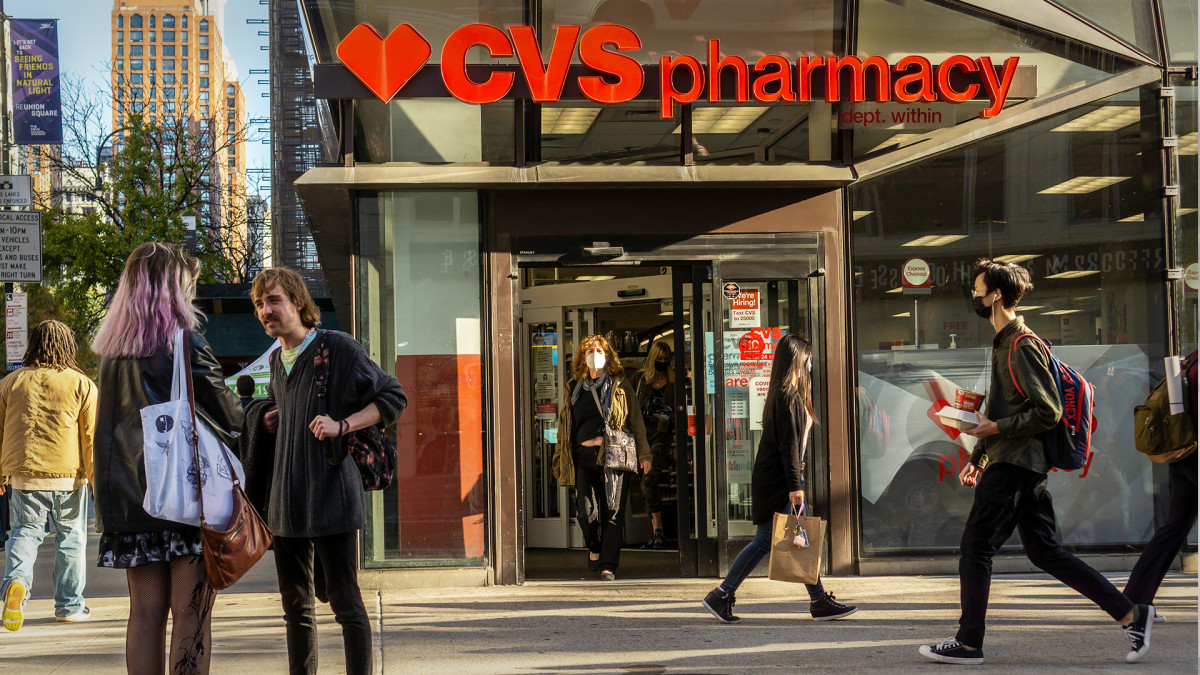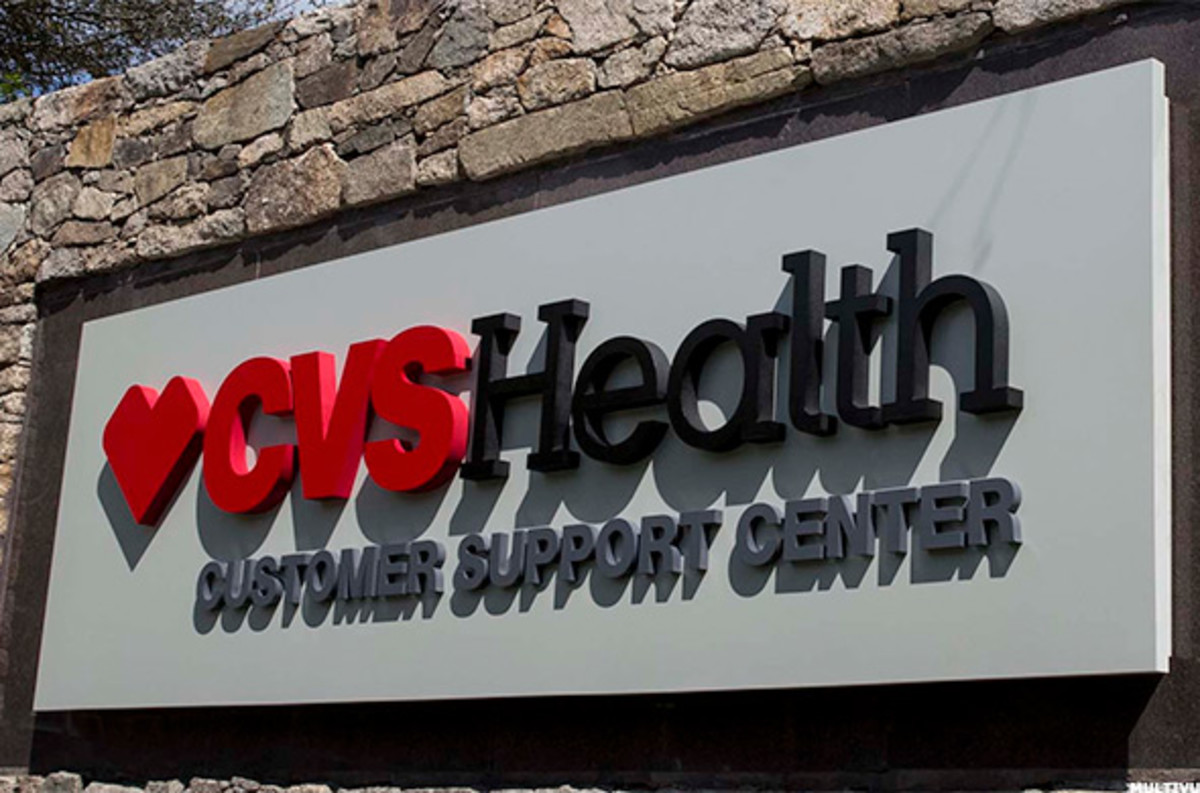
CVS Health shares fell sharply in early Wednesday trading, on pace for their biggest decline since 2009, after the retail pharmacy and health insurance giant slashed its full-year profit forecasts amid soaring medical costs and the expected impact of changes to Medicare reimbursements.
CVS (CVS) , as well as its rivals in the health insurance sector, is seeing huge increases in medical payouts as more Americans, typically those of retirement age, find the time and space for elective surgeries in hospitals that were previously overwhelmed by covid patients.
Related: Analysts revise CVS stock targets after Aetna Medicare Advantage earnings plunge
That surge has added to the medical-cost ratios of both CVS and its rivals, including UnitedHealth Group (UNH) and Humana (HUM) . Medical-cost ratios are a key profitability metric that measures an insurer's payouts against the premiums it collects, for the industry's biggest companies.
CVS said its first quarter benefit-expense ratio at Aetna, its health-insurance unit, rose nearly 6 percentage points from a year earlier to 90.4%.

The increased payouts led to weaker-than-expected first-quarter earnings of $1.31 a share and compelled the group to lower its full-year profit forecast by around 16%, to "at least" $7 a share, as it sees higher benefit ratios going forward.
CVS, in fact, forecast this year's medical-cost ratio at around 89.8%, a 2.1-percentage-point increase from its prior estimate in February.
Medicare Advantage margin pressures
Pharmacy and consumer sales, which were formerly reported in the retail segment, were up 2.9% to $28.73 billion, because of "increased prescription volume, including increased contributions from vaccinations, as well as pharmacy drug mix," CVS said. Health-care-benefits revenue was up 20% to $32.24 billion.
Longer-term concerns for the group's profit margins were also tied to last month's decision by the U.S. Centers for Medicare & Medicaid Services to cap Medicare Advantage payments by an average of 3.7% next year.
Related: Humana tumbles, UnitedHealth and CVS slide on Medicare Advantage hit
Analysts were looking for an increase of around 4.7%, based on the CMS's January proposal of 3.7% and following increases of around 1.22% each year between 2019 and 2024.
The payments, which reimburse insurers for treatments of U.S. patients over age 65, will be effectively lower than current levels when adjusted for costs and inflation.
“The current environment does not diminish our opportunities, enthusiasm, or the long-term earnings power of our company," said CEO Karen Lynch. "We are confident we have a pathway to address our near-term Medicare Advantage challenges."
"We remain committed to our strategy and believe that we have the right assets in place to deliver value to our customers, members, patients, and shareholders,” Lynch added.
CVS shares were marked 19.5% lower in early Wednesday trading to change hands at $54.50 each, a move would extend the stock's 2024 decline to around 30%.
UnitedHealth holds profit outlook
Last month, UnitedHealth reiterated its full-year profit outlook despite a surge in medical payouts and the impact of a costly cyberattack.
UnitedHealth's medical-cost ratio rose nearly 2 percentage points from a year earlier to 84.3%. Overall premiums were up 7.1% to $72.79 billion while medical costs rose 9.8% to $65.74 billion.
More Health Care:
- Johnson & Johnson updates 2024 forecast after solid Q4 report
- Health-insurer stocks pay price as more people seek elective care
- Top health scientist warns of the major risks facing shift workers
However, UnitedHealth affirmed its adjusted-earnings forecast of between $27.50 and $28 a share, even as it noted that reported earnings would take an $872 million hit from the so-called Blackcat cyberattacks, which disrupted its Change Healthcare unit earlier this year.
UnitedHealth said the full-year tally tied to the attack could rise to as high as $1.6 billion.
UnitedHealth shares were marked 1.4% lower in premarket trading at $477.12 each, extending their 2024 decline to around 14%.
Related: Veteran fund manager picks favorite stocks for 2024







